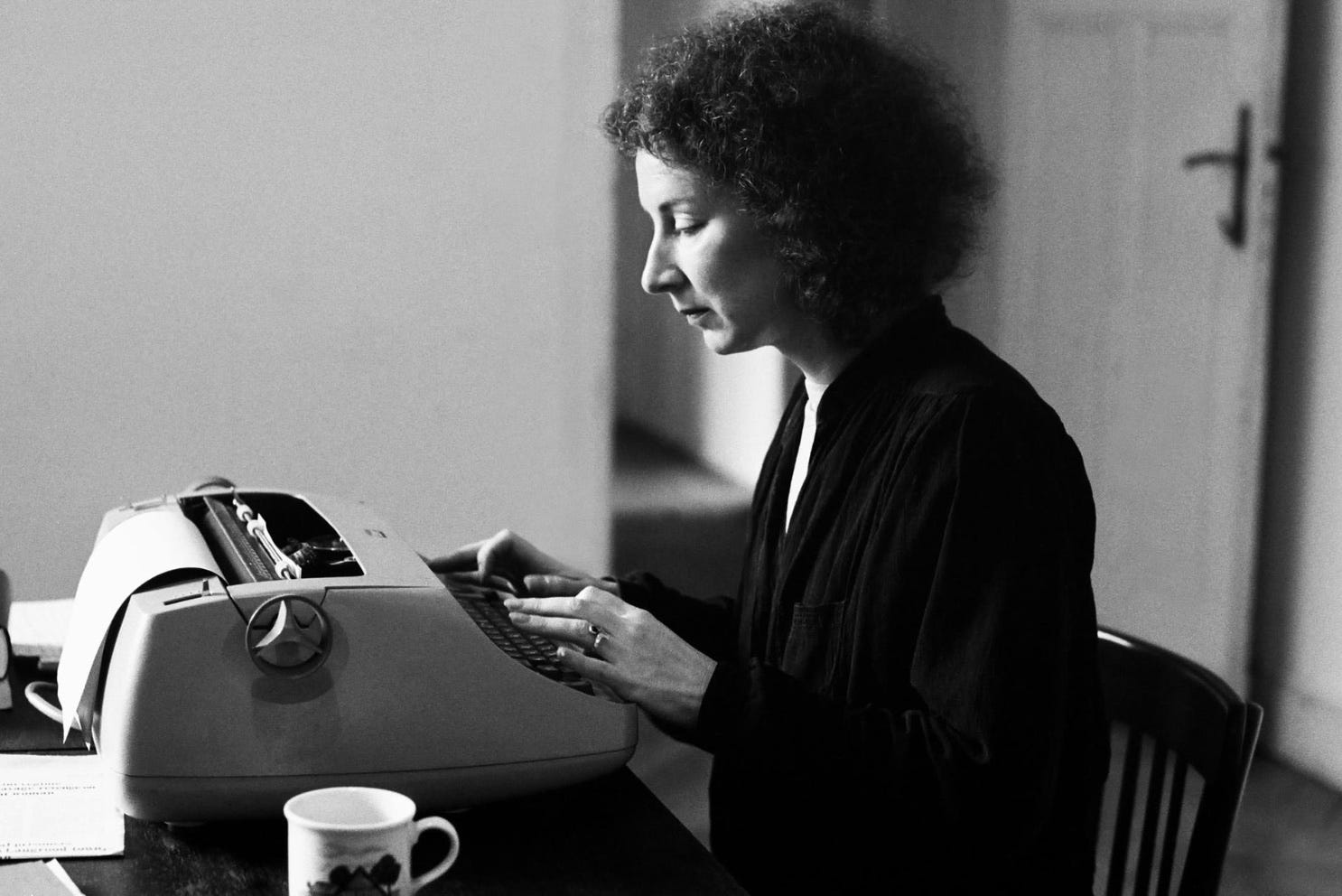“A word after a word after a word is power.” — Margaret Atwood
Welcome to the first day of a very special edition of Essay Camp.
Here we are once again at last. You made it. You’ve booked passage across imaginary oceans, weathered virtual long-haul flights, and driven through fictional nights to reach this place. Welcome. I’m so glad you could make it. It…



